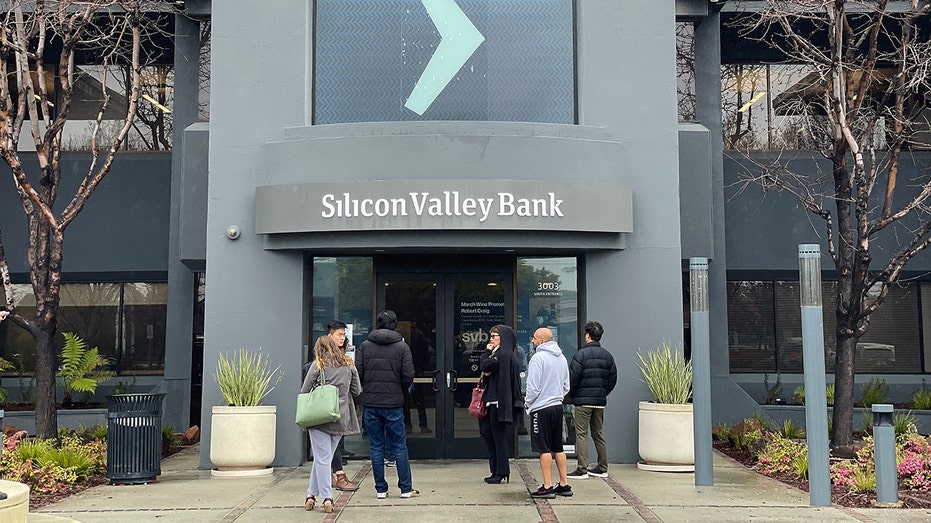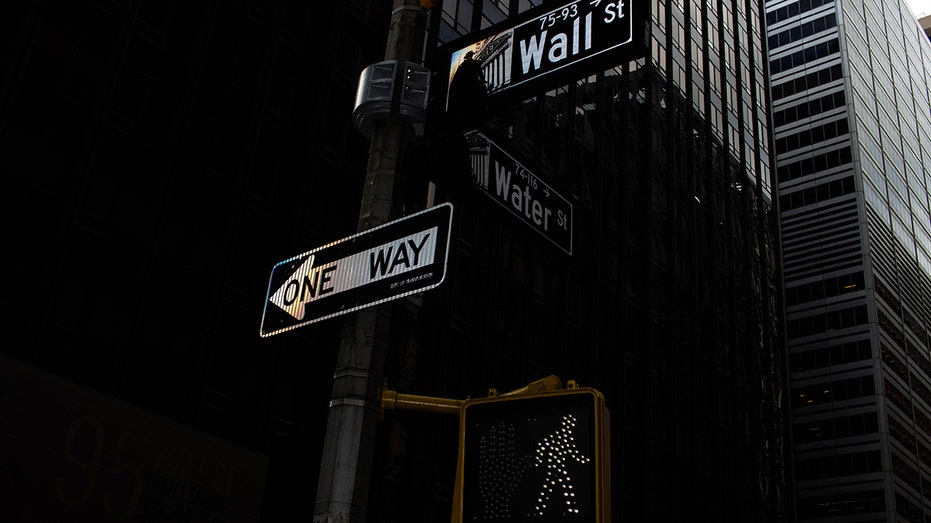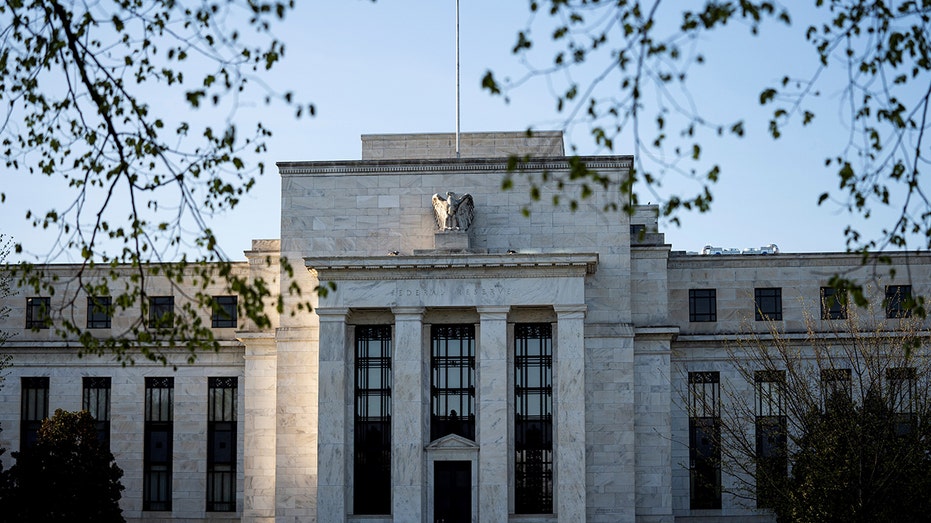Is my bank safe from failing? Warning signs of financial trouble
Tips for assessing financial health of your bank amid ongoing financial turmoil
Banking sector should be treated like 'utilities': Yardeni
Yardeni Research President Ed Yardeni argues banks should be better regulated and supervised.
A spate of bank failures in March may have more Americans on edge wondering just how safe their money actually is.
The stunning implosion of Silicon Valley Bank and Signature Bank ignited fears over a broader financial system meltdown and the threat of a domino effect among other mid-sized regional banks.
While the panic has begun to subside in recent days, experts suggest that risks remain.
"It’s very hard to predict the solvency or failure in any bank in the banking system," Ben Johnston, chief operating officer of financing company Kapitus, told FOX Business. "However, I do believe that if [interest] rates continue to rise, some of the problems that ailed SVB and Signature may continue to materialize in other institutions."
FUND MANAGERS WORRY SYSTEMIC CREDIT CRUNCH COULD CRASH US MARKETS

People line up outside the shuttered Silicon Valley Bank headquarters in Santa Clara, California, on March 10, 2023. (Justin Sullivan / Getty Images / Getty Images)
Small businesses are especially vulnerable to the financial panic, particularly with regional banks at the epicenter of the crisis. Businesses with fewer than 99 employees tend to make up the bulk of business customers at regional banks, community banks and credit unions.
There are several ways for small businesses and other bank customers to assess the health of their financial institution.
Typically, smaller banks that are publicly traded are required to publish annual reports about their finances on Form 10-K and quarterly reports on Form 10-Q. Those documents can be found on the Securities and Exchange Commission's (SEC) website.
"Among other things, the 10-K and 10-Q offer a detailed picture of a company’s business, the risks it faces, and the operating and financial results for the fiscal year or quarter, as applicable," the SEC said of the forms.
HOW THE BANKING CRISIS COULD HAMMER SMALL BUSINESSES
Reading financial data online can often be complicated and confusing for individuals who are not financial analysts by trade, however, Johnston noted.
He suggested that customers ask to speak to the branch manager of their local bank and ask them specifically how financially sound the bank is and how confident they are in its health.

Wall Street (John Taggart / Bloomberg via Getty Images / File / Getty Images)
Customers should also inquire about what percentage of the bank's deposit holders hold more than $250,000 – the maximum amount insured by the FDIC.
"What has triggered some of the bank problems at SVB and Signature have been when customers held large amounts of deposits with those banks and then withdrew those deposits quickly for fear the bank may fail and [that] the FDIC may not cover those deposits," Johnston said.
YELLEN SAYS US WILL TAKE MORE ACTION TO PROTECT SMALLER BANKS IF NEEDED
Finally, customers should consider asking the branch manager about how the bank invests its money, including how much is held in securities, Treasuries, structure products and non-local investments.
"If you see that a local bank is making risky investments in opportunities that you are skeptical of, that might be a bank you’d want to avoid," he said.
SVB largely catered to tech companies, venture capital firms and high net-worth individuals who were pulling cash at a rapid pace as the once red-hot tech sector cooled. When the bank announced it was trying to raise capital from investors and that it would take a $1.3 billion loss on long-term securities that had tumbled in value amid higher interest rates, depositors panicked and a bank run ensued.

U.S. Federal Reserve in Washington, D.C. (Liu Jie / Xinhua via Getty Images / File / Getty Images)
CLICK HERE TO READ MORE ON FOX BUSINESS
Within days, U.S. regulators took extraordinary steps to contain the fallout from the bank's collapse and shore up wavering confidence in the financial system, including protecting all deposits at the two institutions — even those holding funds that exceeded the FDIC's $250,000 insurance limit.
The Fed also launched a new emergency backstop for lenders to help them meet deposit withdrawals under favorable terms.
"The comforting thing is, depositors are insured up to $250,000 through the FDIC, and after Signature and SVB closed, the FDIC and the Fed guaranteed all deposits at those banks," Johnston said. "And so the expectation, at least for the foreseeable future, is that deposits above $250,000 across the banking system will be backstopped by the U.S. government."





















